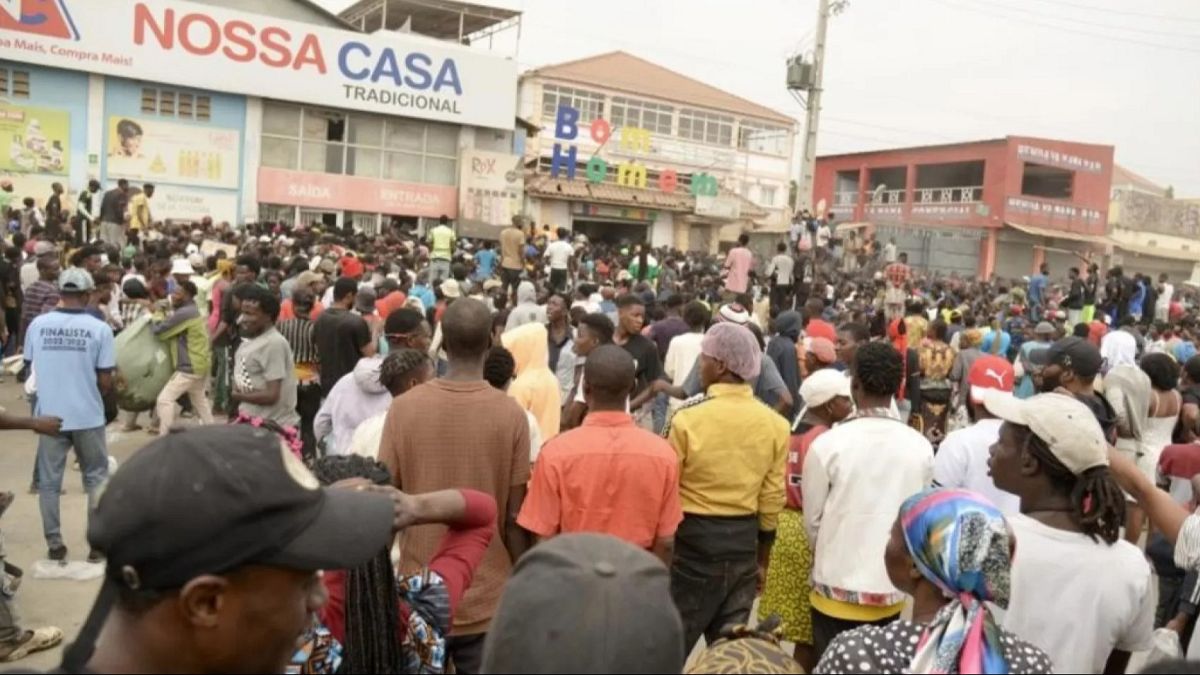

In recent weeks, multiple regions around the world have experienced intense unrest and humanitarian challenges, prompting global concern and calls for resolution. This article explores several notable instances, calmly presenting the facts to engage and inform without inducing alarm.
In Angola, the aftermath of protests concerning fuel price hikes has been deeply tragic. Angola, while being one of Africa’s largest oil producers, faces a paradoxical challenge due to insufficient refining capacity. Consequently, the nation imports diesel and gasoline at elevated costs. This economic strain has spurred protests, with recent demonstrations turning fatal and resulting in the loss of at least 22 lives, according to the president’s office. The country continues to grapple with balancing its oil wealth against the backdrop of domestic needs.
Across Europe and the Middle East, tensions surrounding the Gaza Strip remain a focal point. Humanitarian experts warn that children, the elderly, and individuals with pre-existing health conditions are most vulnerable amid a deepening famine. Recent Israeli strikes have exacerbated the situation, with dozens of fatalities reported. Efforts by Israel to ease conditions—such as humanitarian pauses and aid corridors—have been deemed insufficient by aid workers, as blockades persist.
European political dynamics have also played a role in this scenario. Germany’s Chancellor finds himself at odds with European allies as pressure mounts to disconnect EU research links with Israel—a response to ongoing military actions in Gaza. Meanwhile, European dockworkers have united in solidarity, demanding a halt to arms shipments to Israel. This movement resonates particularly strongly in ports such as Genoa, where workers’ protests are part of a broader dissent against arms exports.
In Thailand and Cambodia, a fragile ceasefire has been reaffirmed following one of the worst clashes in years, resulting in 41 fatalities and over 300,000 displaced individuals. This development highlights the delicate nature of peace and the ongoing need for dialogue and reconciliation in regions marked by historical tensions.
Meanwhile, in Eastern Europe, the conflict in Ukraine persists with recurring strikes. In the latest incident, three Ukrainian soldiers were killed in a Russian strike on a military training center in the Chernihiv region. This marks the fourth such assault on Ukrainian military facilities in five months, underscoring the enduring volatility of the region.
Amid these challenging circumstances, Belgium has taken a firm stance by referring complaints of alleged war crimes by Israeli soldiers to the International Criminal Court. Such actions signal an increasing readiness among international actors to seek justice and accountability, advocating for human rights amidst complex geopolitical conflicts.
In observing these regional crises, one constant theme emerges: the profound impact of humanitarian distress on civilian populations. Whether through displacement, famine, or violence, individuals living in these regions face daily hardships. The international community remains pivotal in providing relief and advocating for peace to alleviate the burdens faced by these vulnerable populations.
As each story unfolds, it is essential to remain informed and engaged, recognizing the shared responsibility in striving for global stability and the protection of human rights. Through mindful attention and collaboration, there is hope for a future where peace and well-being are accessible to all.
Source: {link}
